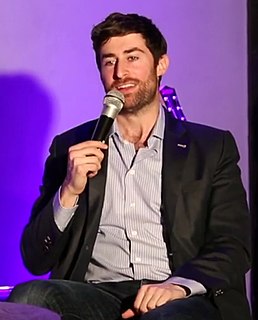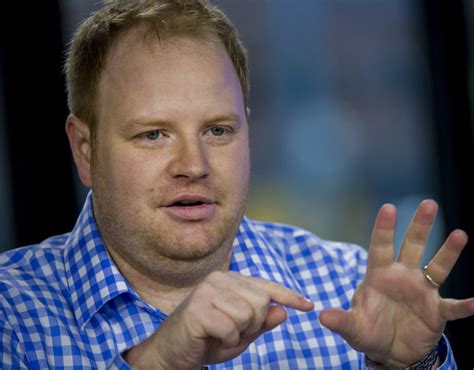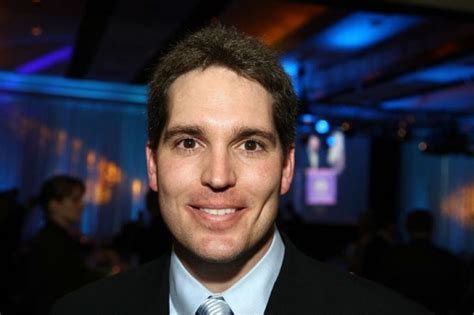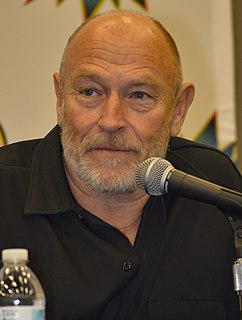A Quote by Charles Platt
Unsurprisingly, an uninterruptible power supply (UPS) - once a luxury for room-sized computer installations - is now a standard item both in home offices and all the networked tiers above, protecting servers and online service providers, Internet backbones, phone companies, and even cable TV networks.































